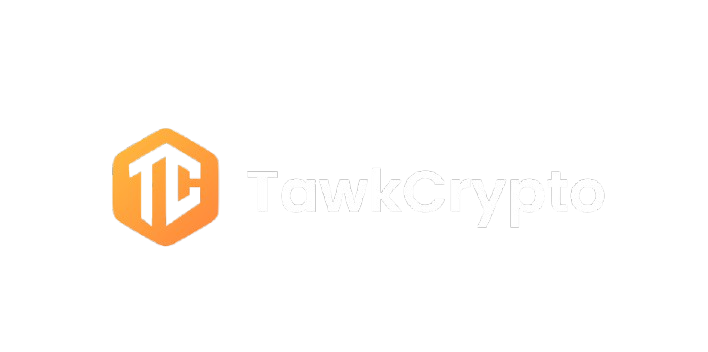In a social media post published on May 20, 2025, Jesse Pollak, creator of Base, Coinbase’s Ethereum Layer 2 solution, gave a notable shoutout to crypto builders in Nigeria and across Africa. Pollak’s public recognition, shared via his X (Twitter) handle, shines a spotlight on the growing energy, innovation, and resilience fueling Africa’s Web3 ecosystem, particularly in Nigeria, one of the continent’s leading crypto markets.
“Grateful for builders in Nigeria, across Africa, and around the world 🙏🏽,” Pollak wrote at 10:15 AM UTC.
While brief, the statement resonated across the crypto space, symbolizing more than just appreciation. It reinforced Nigeria’s status as a thriving hub of blockchain development, an ecosystem that continues to gain traction among global investors, developers, and traders alike.
Nigeria: A Crypto Powerhouse in the Making
Nigeria’s prominence in the crypto world has steadily grown over the years, driven by high youth adoption, economic instability, and limited access to traditional finance. According to Chainalysis, Nigeria recorded over $10.3 billion in crypto transaction volume between July 2022 and June 2023, positioning it among the top countries for crypto activity globally.
Pollak’s recognition is timely. African dev communities, once seen as peripheral, are now proving central to blockchain adoption narratives. With rising participation in Ethereum hackathons, Base ecosystem grants, and decentralized finance (DeFi) experiments, Nigeria is cementing its role as a Web3 innovation engine.
Implications for Africa’s Crypto Future
Pollak’s statement underscores the shifting center of gravity in crypto. Once dominated by U.S. and European innovation, the blockchain world is increasingly looking toward emerging markets. Nigeria, with its population of over 200 million and a tech-savvy youth demographic, is perfectly positioned to lead Africa’s crypto charge.
Builders in Lagos, Abuja, and Port Harcourt are pushing the boundaries of decentralized finance, digital identity, and tokenized real-world assets (RWAs). Platforms like Fonbnk, Canza Finance, and Yellow Card have all emerged from the region, offering practical crypto-based financial solutions in a continent where traditional systems often fail.
While Jesse Pollak’s tweet may seem minor in isolation, it reflects a growing narrative: Africa and Nigeria in particular, is no longer on the blockchain sidelines. The continent is becoming a strategic focal point for innovation, investment, and opportunity.
For traders and investors, this presents a compelling case for monitoring token ecosystems tied to Africa’s crypto growth story, especially those connected to Ethereum Layer 2s, remittance-focused protocols, and localized DeFi solutions. The next wave of Web3 adoption may very well rise from Lagos, Nairobi, and Accra.
Stay ahead of the curve. Follow Africa’s builders. The future is already in motion.

